Bulgaria presidential poll seen testing anti-graft reform appetite
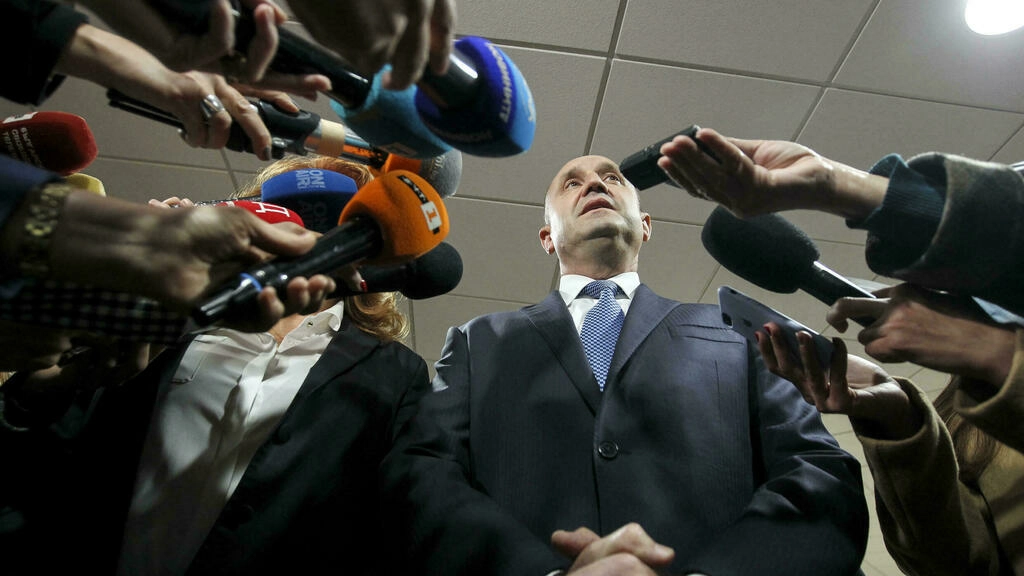 Bulgaria's incumbent President Rumen Radev says he regrets not helping topple Boyko Borisov's regime sooner DIMITAR KYOSEMARLIEV AFP
Bulgaria's incumbent President Rumen Radev says he regrets not helping topple Boyko Borisov's regime sooner DIMITAR KYOSEMARLIEV AFP
Bulgarians began voting on Sunday to elect their president, a largely ceremonial role that the current incumbent has transformed and put at the heart of the struggle against corruption in the European Union's poorest country.
Incumbent President Rumen Radev, the frontrunner with 49 percent in the first round of voting last weekend, faces off against academic Anastas Gerdjikov after neither could secure an outright majority.
While Radev, a former fighter pilot, is the country's most popular politician, Bulgaria itself is riven by fractious political parties that have failed to deliver a stable government needed to tackle deep-seated graft and the worsening coronavirus pandemic.
"This vote is a clash between two visions: the soft tolerance of endemic corruption and the firm opposition to a model of governance that uses public power for private purposes," New Bulgarian University political science professor Antoniy Todorov wrote in a blog post this week.
A clear win for Radev, 58, may usher in a period of political stability after last weekend's surprise victory in the third general election this year of a new anti-graft party.
We Continue the Change now hopes to find coalition partners to end six months of political deadlock that have drawn out the worst political crisis since the end of communism three decades ago. But while Gerdjikov, also 58, only drew 23 percent in the first round, the University of Sofia rector is backed by the GERB party of former conservative premier Boyko Borisov, which came a close second in the general election.
Gerdjikov will also probably garner strong support from the nation's sizeable Turkish minority, comprising about nine percent of the seven million population.
- Moscow's man no more -
The Turkish MRF party has been allied with GERB and has been snubbed by We Continue the Change in coalition talks.
Analysts also say that voter apathy might make the win more difficult for Radev, who was backed by the Socialists for his first five-year term but now runs as an independent.
Only 40 percent of those eligible turned out for the first round last Sunday, and lacking a party machine the former air force chief of staff depends on a broad spectrum of backers.
These include We Continue the Change, whose founders -- Harvard graduates Kiril Petkov and Assen Vassilev -- served as ministers in the first interim administration Radev appointed in May after the inconclusive April poll.
Radev had supported the protests against Borisov's 10-year rule last summer, shouting "Mafia out!" with his fist raised in the air as he briefly joined the crowd. He has also turned around perceptions that he is pro-Russian, said Gallup analyst Parvan Simeonov. "Radev is no longer considered a Moscow man," he said.
"On Sunday, vote for the president who started the change," Petkov urged in a video address this week. In a presidential debate on Thursday, Radev said he regretted most that he "didn't manage to contribute to the toppling of Borisov's regime sooner".
- Pandemic failure -
But the end of Borisov's reign also marked the beginning of the political deadlock. And that has coincided with an onslaught of the coronavirus in the EU member with the lowest Covid-19 vaccination rate and one of the world's highest pandemic mortality rates.
The second caretaker administration Radev appointed after parties failed yet another attempt to form a government after polls in July was strongly criticized for its poor handling of the outbreak.
The country has struggled to roll out jabs in the face of strong anti-vaccination sentiment and prolific fake news.
Both interim administrations did, however, win plaudits for an avalanche of revelations about corruption, fraud and mismanagement under Borisov, which Gallup analyst Svetlin Tachev said: "played in Radev's favor".
Polls, which opened at 7:00 am (0500 GMT), were due to close at 1800 GMT with the first exit poll results due shortly afterward.


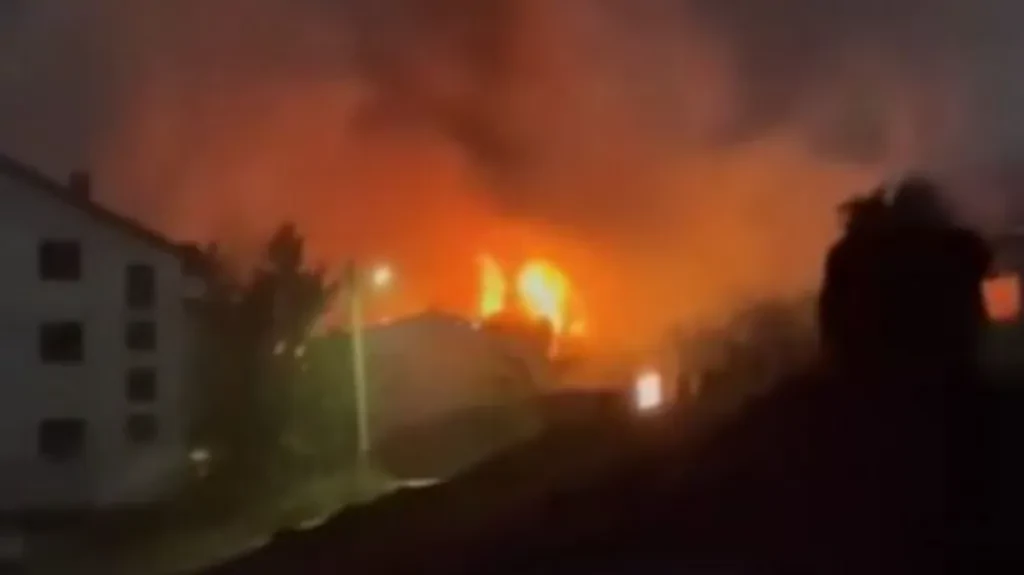
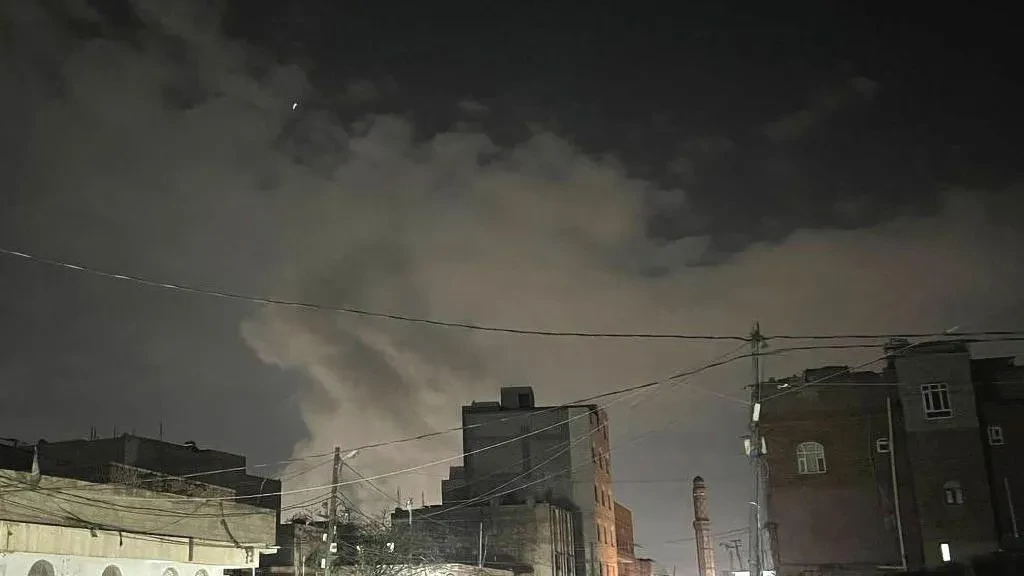

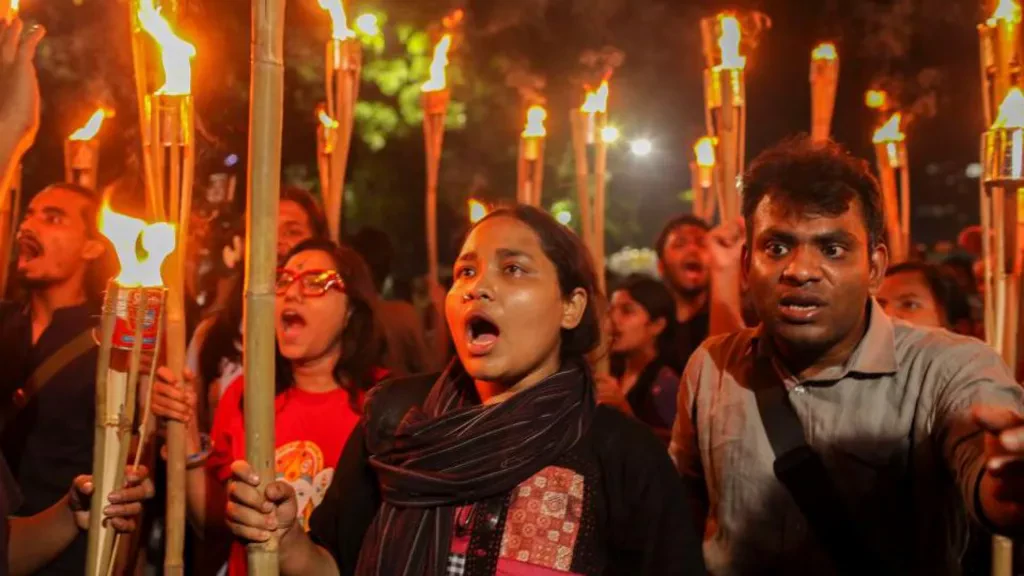

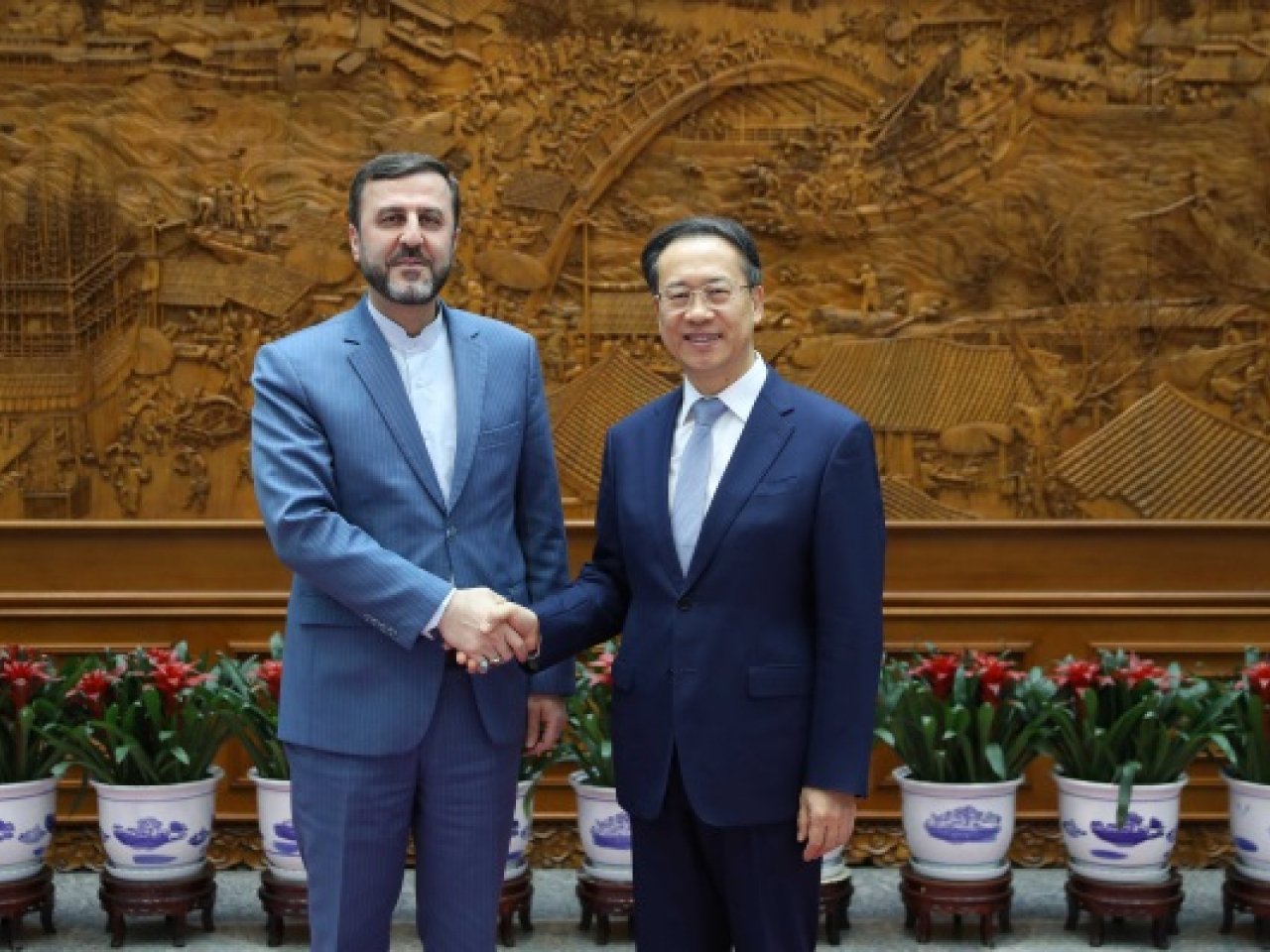
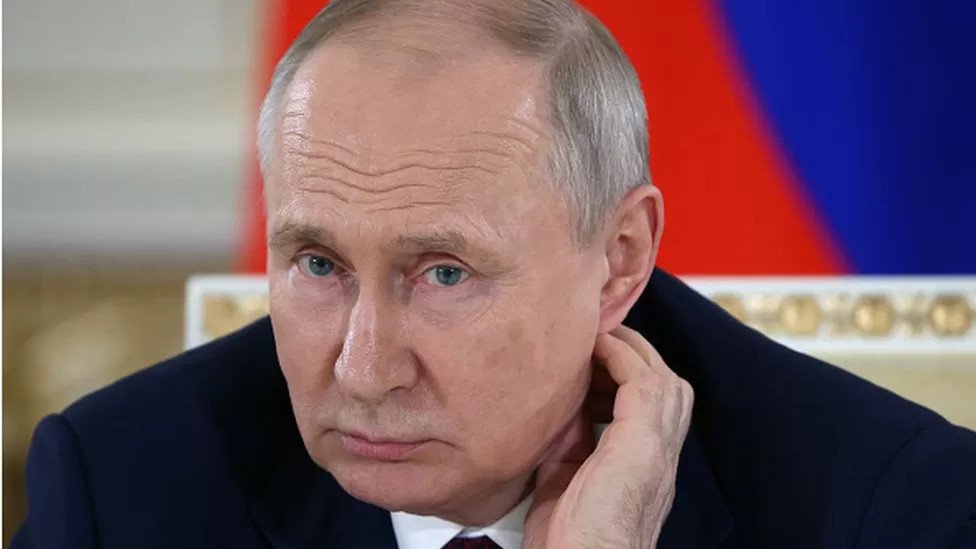
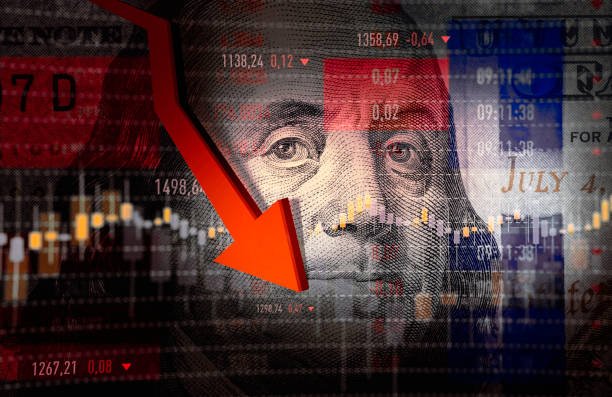
Leave Comment